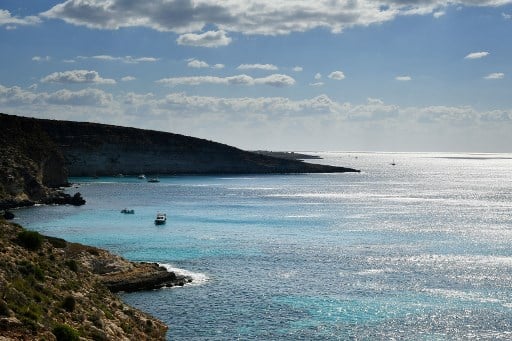Switzerland wants to prosecute those responsible for the “kidnapping” of two Swiss businessmen in Libya, President of the Confederation Micheline Calmy-Rey said on Sunday.
The two men were blocked from leaving Libyan territory in a tit-for-tat action after the brief arrest in Switzerland of one of Libyan leader Muammar Qaddafi’s sons in July 2008 over mistreatment allegations by domestic staff.
“It could be possible to launch a penal investigation in Switzerland in order to elucidate the circumstances of the kidnapping in autumn 2009 of Max Göldi and Rachid Hamdani,” Calmy-Rey was quoted as saying by the Sunday newspaper NZZ am Sonntag.
An enquiry would enable authorities to “bring those responsible before a judge,” she said.
She said that authorities were now free to act without the risk of retaliation against either the businessmen or the Swiss mission in Libya.
“The situation has fundamentally changed for us: the two hostages have returned home, the Swiss consulate in Tripoli is closed and can no longer be attacked as in the past,” she added.
On September 18, 2009, Hamdani and Göldi were taken from the Swiss embassy, where they were staying, by Libyan officials to a secret location where they were held until November 9.
The two businessmen were later returned to the embassy, and Hamdani was allowed to leave the country in February 2010, while Göldi was sentenced to jail for visa offences.
Goeldi only managed to return to Switzerland in June 2010.
Qaddafi’s son Hannibal and his pregnant wife were held by Swiss police, after two of their domestic staff claimed they had been mistreated by the couple at a Geneva hotel.
The two servants, who were subsequently compensated by the couple, later dropped their assault charges.


 Please whitelist us to continue reading.
Please whitelist us to continue reading.